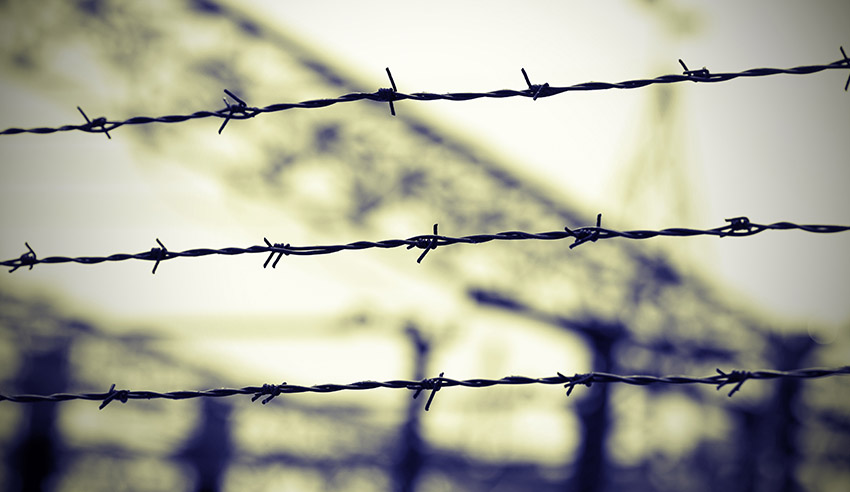Fears that Victoria is in the midst of an “imprisonment crisis” are behind a number of recommendations made to the Andrews government’s inquiry into the criminal legal system, which includes an urgent stop to plans to build more prisons and a reform of the broken bail laws that have led to the “alarming growth” within the system.

Behind Victoria’s alarming prison population growth is its “tough on crime” politics that has largely targeted Aboriginal and Torres Strait Islander people, unsentenced women, and children, the Human Rights Law Centre (HRLC) has submitted to the legal and social issues committee’s Inquiry into Victoria’s Criminal Justice System.
Further, “due to the ongoing impacts of colonisation, systemic racism and discriminatory policing”, the number of Aboriginal and Torres Strait Islander people in prisons has nearly tripled over that same period. Of the entire prison population, Aboriginal and Torres Strait Islander people now represent 10 per cent.
“Victoria is in the midst of a mass imprisonment crisis,” said senior lawyer Monique Hurley. “Victorian prisons are increasingly being used as a catchall to social problems, serving as warehouses that we pipeline people in and out of – people experiencing poverty, family violence, housing instability and addiction issues.”
The HRLC recommends that the Andrews government put an immediate stop to building more prisons and halt the construction of the proposed 106-bed expansions of the Dame Phyllis Frost women’s prison. In the 2019/20 budget, the Victorian government announced a $1.8 billion expansion of prisons across the state, which HRLC says should instead be diverted towards rehabilitation services.
“Discriminatory policing and unfair laws continue to funnel increased numbers of people into prisons. A new prison just enables this to happen at even higher rates. The COVID-19 pandemic has shown that it is possible to reduce imprisonment rates, with the number of women detained at the Dame Phyllis Frost women’s prison dropping for the first time in decades at the height of the pandemic,” HRLC wrote.
HRLC also recommends fixing Victoria’s broken bail laws “that have contributed to escalating imprisonment rates and impacted women experiencing poverty and Aboriginal and Torres Strait Islander women the most”. It also suggests raising the age of criminal responsibility from 10 to at least 14 years old to prevent these young offenders from “ending up on a conveyer belt into adult prisons”.
The current parole system, HRLC added, “does not allow children to succeed”. Its overly strict parole conditions end up funnelling these children back into the criminal legal system. The options for parole are also decreasing, with the Youth Parole Board noting a downward trend of 106 in 2019-20 from the 243 given in 2017-18.
In addition to diverting money allocated to expanding on prisons, the HRLC has submitted that a significant investment of $2 million to bring an additional 3,135 police officers onto streets should not move ahead due to the “long history of over-policing of Aboriginal and Torres Strait Islander communities” in the state.
The over-policing has often led to many low-level offences that remain untargeted in non-Indigenous communities, resulting in excess police interaction, arrests and charges for Aboriginal and Torres Strait Islander people. Greater interaction also increases the risk of people facing additional charges, such as resisting arrest.
“The Victorian government must properly resource an independent police oversight body so that the status quo of police investigating the actions of other police and avoiding responsibility for discriminatory policing ends. In order to be effective, it should have sufficient powers to refer matters for criminal investigation,” HRLC said.
